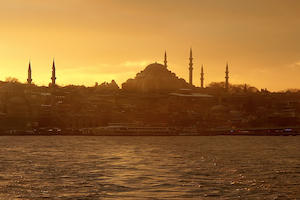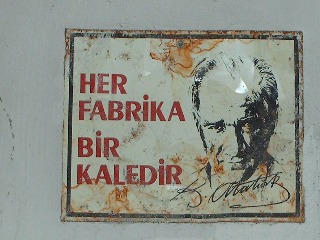Feeding the Beast: "Kanal Istanbul" and Crony Capitalism in Turkey
By Barış Soydan
February 19, 2020
Massive infrastructure projects have become the bedrock of the political economy of Turkey. With the projected building of a canal that would devastate Istanbul’s ecology, and which will vastly increase the budget deficit, the destructive consequences of the collusion of state power and business interests in Turkey risks reaching unprecedented levels. While Turkish crony capitalism requires new mega projects to survive, the Turkish political regime must keep feeding its cronies in order to retain its grip on the country. But the ultimate project of Turkish crony capitalism could spell the end of Istanbul.

Turkey at 90: Capitalist Development has Determined the Political Journey of the Republic
By Halil M. Karaveli (vol. 6, no. 20 of the Turkey Analyst)
Capitalism is the key to understand the political journey of the Turkish republic. Capitalist development explains the transition to multiparty democracy, the military coups, and most lately the ascent of Muslim conservatives to power. But the Justice and Development Party (AKP) has ceased to be a vehicle of capitalist development as it has increasingly veered toward a conservatism that does not provide for the needs of advanced capitalism. If the ninety years of republican history is any guide, then Turkish capitalism can be expected to produce another political remedy to its predicament.



